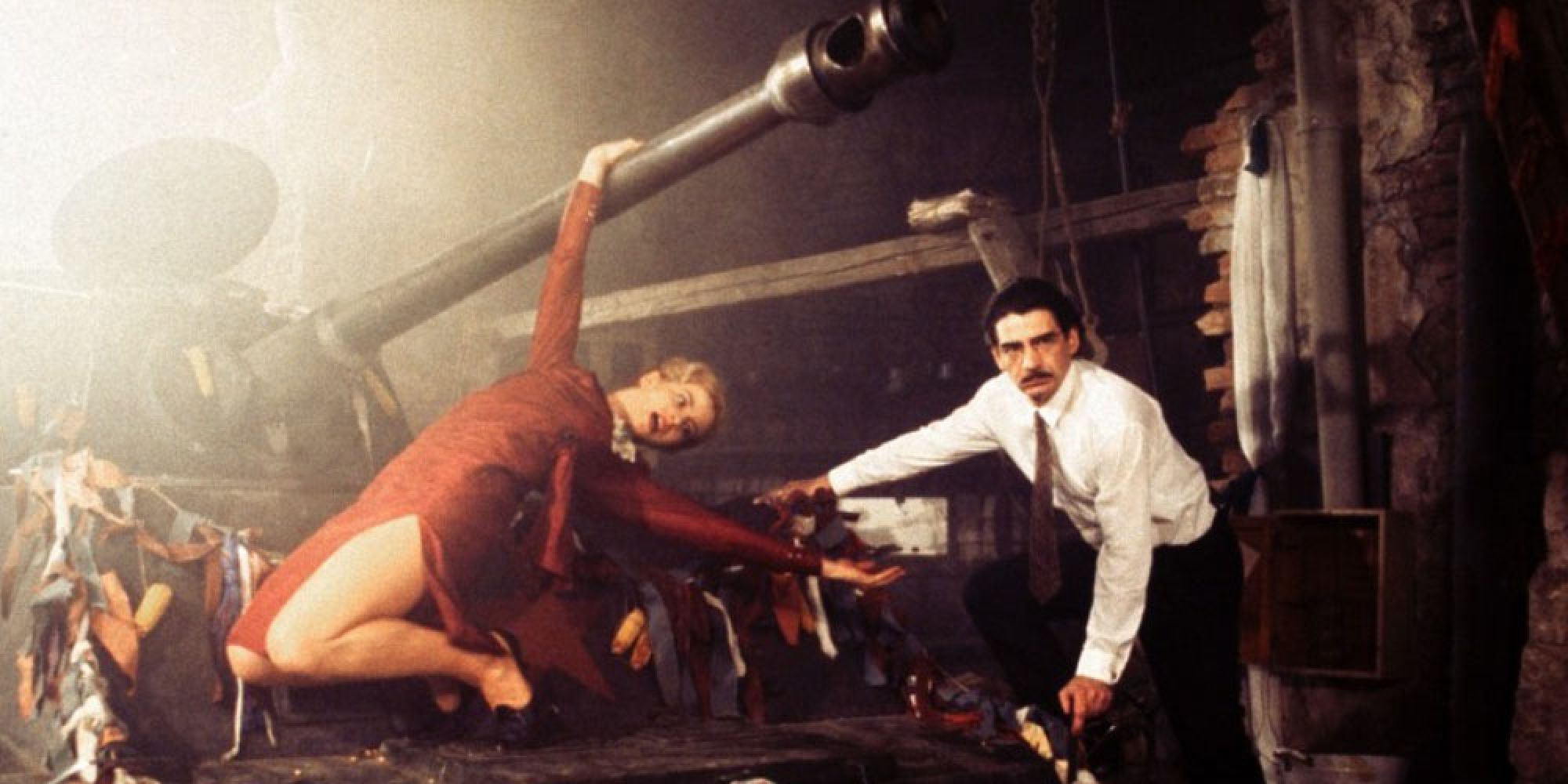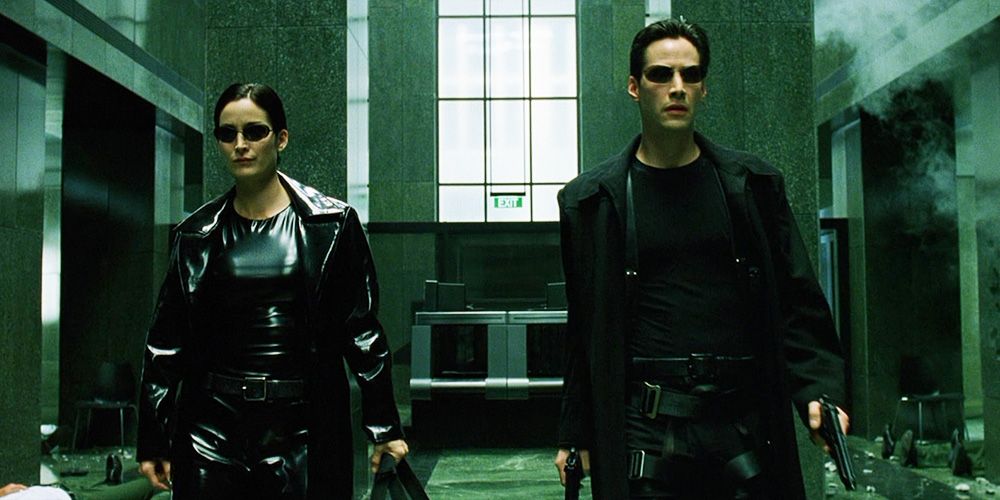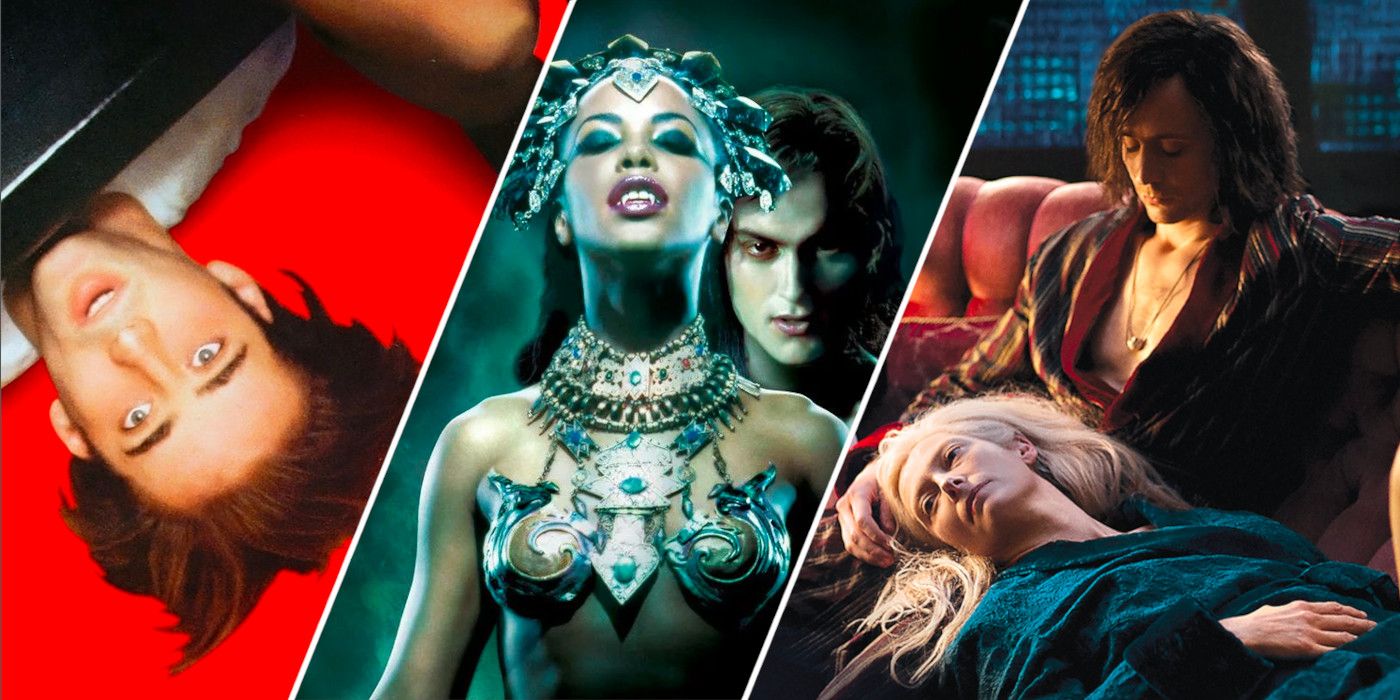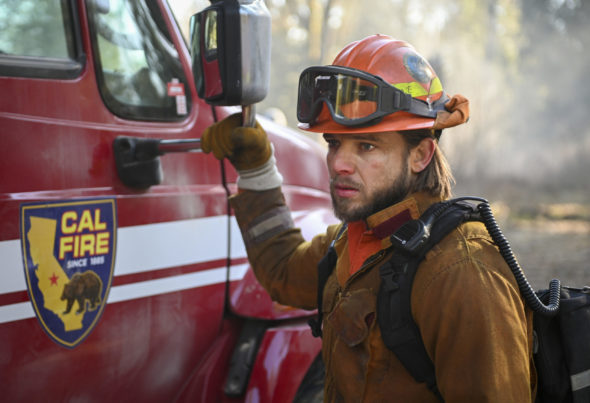When life has you feeling down, there’s almost nothing better than a good underdog movie. And perhaps the biggest and most cathartic of underdog movies are those that deal with revolutions. After all, you can’t get much more underdog than taking on a huge, flawed, and/or evil system that holds most – if not all – of the power.
As such, watching a ragtag group of heroes battle against an antagonistic system or body of power can make for immensely satisfying cinema. The following ten films are either about revolutions (real and fictional) or contain strong revolutionary themes, and all make for emotionally empowering watches.
‘RRR’ (2022)
RRR has proven itself to be just about the best action movie of 2022 so far, providing excitement and action that trumps much of what Hollywood has been putting out lately. It’s a fictional story about two men (loosely based on real-life revolutionaries) and their fight against the British Crown’s rule in India during the 1920s.
Fighting against insurmountable odds, the two heroes of RRR are given what amounts to superhuman strength, leading to some incredibly over-the-top and extremely satisfying action scenes. The spectacle of it all is phenomenal, the story is straightforward yet gripping, the protagonists are heroic, and the villains are all superbly hateable. It’s great revolution-related entertainment all around.
‘Metropolis’ (1927)
Set in the distant future (or maybe the present? After all, this is nearly a century old), Metropolis focuses on a revolution by the working class, who are fed up with being exploited in an idyllic, sleek, and modern city that’s only really idyllic for the rich.
Ultimately, things don’t end in complete destruction, as the film’s protagonist works as a mediator who can help ease the tension between the classes before they assure each other’s destruction. Still, the spirit of revolution is strong through the film’s sympathetic portrayal of the workers, and their uprising leads to some of the film’s most impressive, spectacular moments.
‘Fight Club’ (1999)
Debatably, Fight Club is more of an anarchist film than a revolutionary one, and generally heavier on chaos and being nihilistic over trying to “fix” a broken society. This is because the characters more or less rebel against the tedium of their lives, and don’t have as noble a cause as some other revolutionary fighters.
Still, it does capture the feeling of revolution, albeit a very messy and dark one. Some viewers may find it liberating; some may be turned off. Others might be a bit of both, and it’s the kind of movie that might end up asking more questions than it answers, when it comes to the topics of anarchy and rebellion.
‘Spartacus’ (1960)
One of Stanley Kubrick‘s most underappreciated films, Spartacus tells the story of a slave who uses his expertise as a gladiator to lead an uprising against the Roman Empire, eventually leading an army and coming remarkably close to achieving his goal.
It’s loosely based on a real-life figure from history, but given the events depicted on film happened more than 2000 years ago, it’s unlikely to be 100% historically accurate. Still, it’s a gripping historical epic, and even if only some of it is true, it retains its impact as a compelling underdog/revolutionary story about trying to take down one of the largest empires in Earth’s history.
‘Duck, You Sucker!’ (AKA ‘Once Upon a Time… The Revolution’) (1971)
Sergio Leone is arguably the best-known director of Westerns outside of America, making five between 1964 and 1971. Duck, You Sucker was his last, and easily his most underrated. It may have something to do with the fact it has so many alternate titles, including Fistful of Dynamite and Once Upon a Time… The Revolution.
The last of those really suits the film, as it follows Once Upon a Time in the West within Leone’s filmography, and has a similar style and pace. It’s a darker, angrier film when it comes to its narrative and themes, though, focusing on two men who get swept up in the Mexican Revolution during the early 20th century. With excellent music by Ennio Morricone and a tragic, almost operatic story, it’s a Western classic that doesn’t get enough love.
‘Snowpiercer’ (2013)
Set in a dystopian future, Snowpiercer involves an uprising on a train that houses the survivors of the human race. Within the train, the upper class is situated at the front, and the lower classes are shoved down the back in awful conditions. When they decide enough is enough, they fight their way to the front, discovering just how lavishly those “above” them live.
It collapses the world at large into a confined location, and in doing so, Snowpiercer isn’t exactly a subtle film, but it is a great one. With an exciting story, solid action, and engaging themes surrounding revolution and class warfare, it’s one of the most memorable films from the 2010s.
‘Lagaan: Once Upon a Time in India’ (2001)
Similar to 2022’s RRR, Lagaan: Once Upon a Time in India focuses on the conflict between the people of India and the British Crown, who ruled over India until 1947. Through being set in the late 1800s and focusing on such a conflict, Lagaan can’t help but feel like it depicts something of a revolution (or at least rebellion), albeit a non-traditional, non-violent one.
The people of an Indian village in Lagaan fight against unfair taxation and oppression through a high-stakes game of cricket against a pompous, better-trained British team. It’s an underdog story through and through, merging a revolutionary story with sports movie tropes to thrilling effect. One thing’s for sure: cricket has never been so exciting.
‘Underground’ (1995)
Underground won the Palme d’Or for 1995, but otherwise seems like an underrated film that’s been a little forgotten in more recent years. It’s a shame, because there’s nothing like it, owing to its unique blend of drama, comedy, and war genres, with a dash of surreal fantasy for good measure.
It tells a story spanning decades, beginning in WW2 with its focus on a group of resistance fighters in Yugoslavia who hide in a large underground bunker whilst disrupting the German war effort. Things get stranger from there, but it has a feeling of revolution and resistance at least initially, and the filmmaking is so bold and unique that it could also be considered a rebellion of sorts against more “normal” cinema, in all honesty.
‘V for Vendetta’ (2006)
V for Vendetta is probably one of the most well-known and clearly revolution-related films of the last couple of decades. It focuses on a fictional, future Britain, where a mysterious freedom fighter (donning the iconic Guy Fawkes mask) teams up with a young woman to take down a corrupt, overbearing government.
The film lit a spark within pop culture when it first came out, though its flame has admittedly died down a little since. Still, as far as fictional revolutions depicted on-screen go, you can’t get much more direct than this, as it hits all the beats you’d expect such a film to do, and does so with style and a good amount of entertainment value to boot.
‘The Matrix’ (1999)
While most films dealing with revolution focus on overthrowing a group of human rulers, The Matrix takes a slightly different approach. The first film (and its sequels), depict a future rebellion against machines, where only a few have broken free of the simulation they’ve been enslaved within.
While this isn’t something that’s come close to happening (not yet at least), it’s still a thrilling and exciting concept for a movie, taking the idea of a robot uprising one step further than something like The Terminator series. You can’t go wrong with the classic first Matrix of course, but the sequels do have their moments, too.










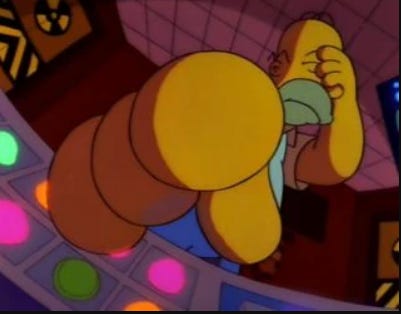

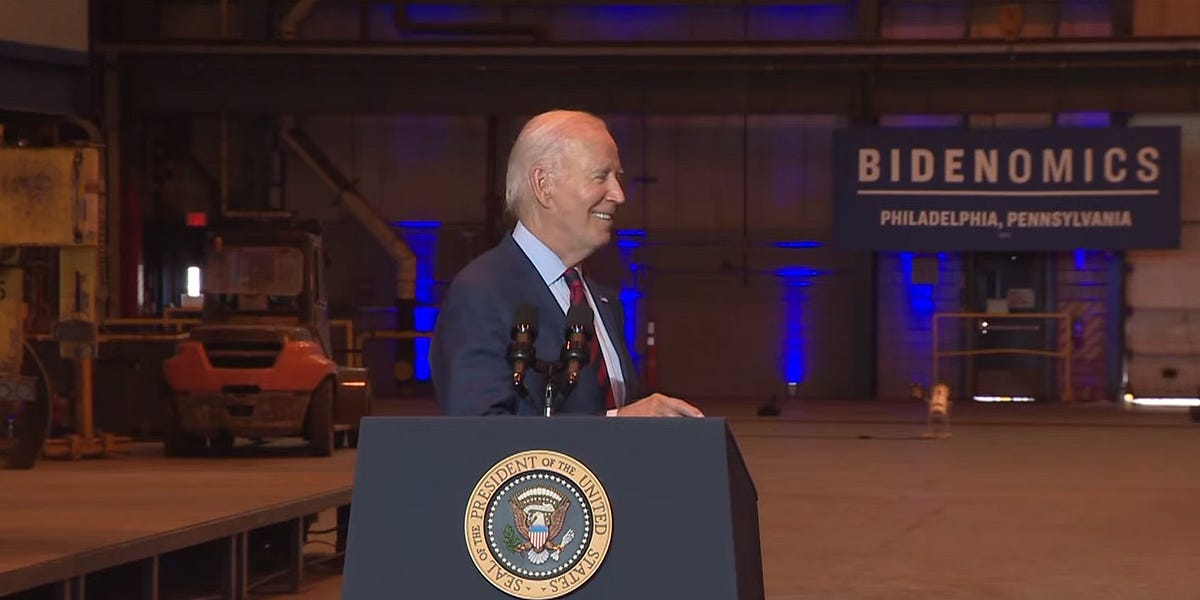





























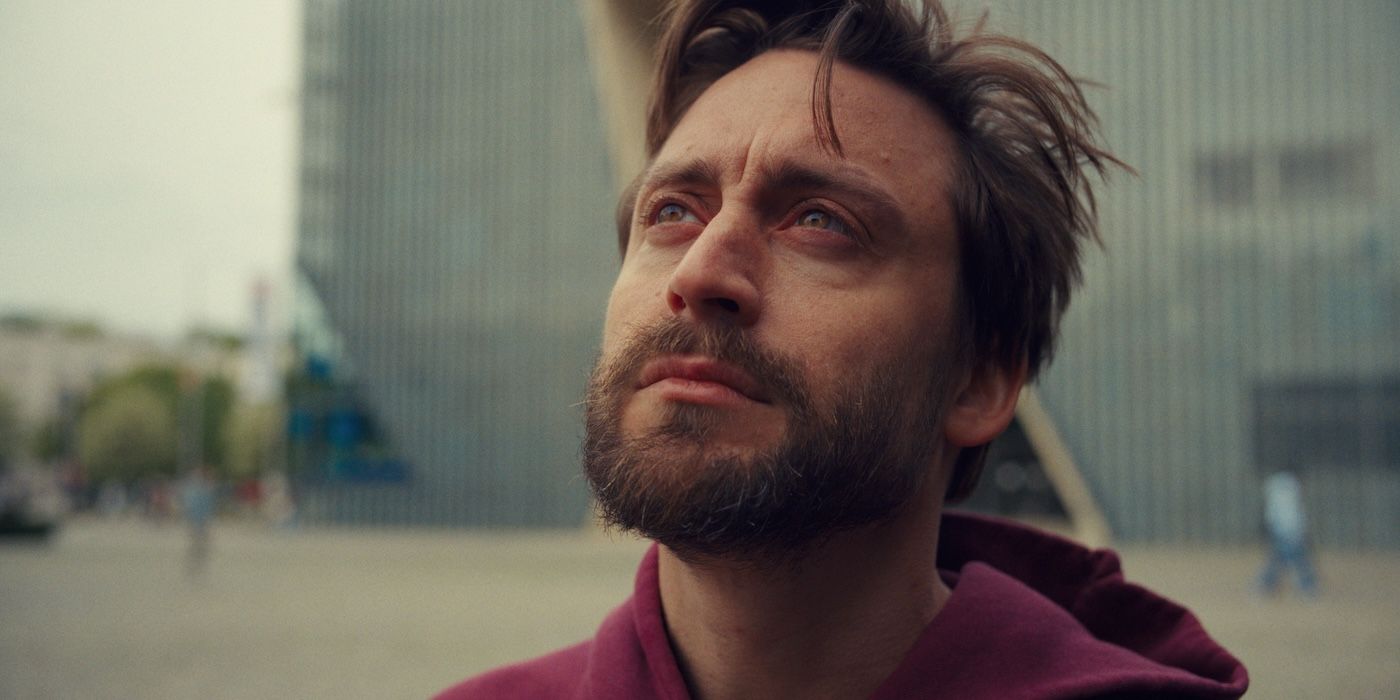



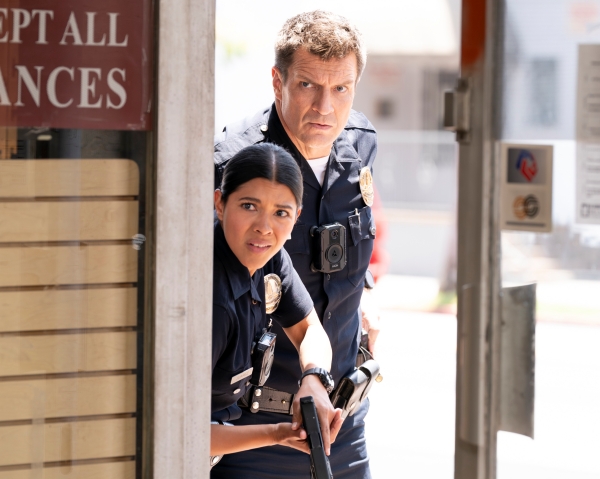

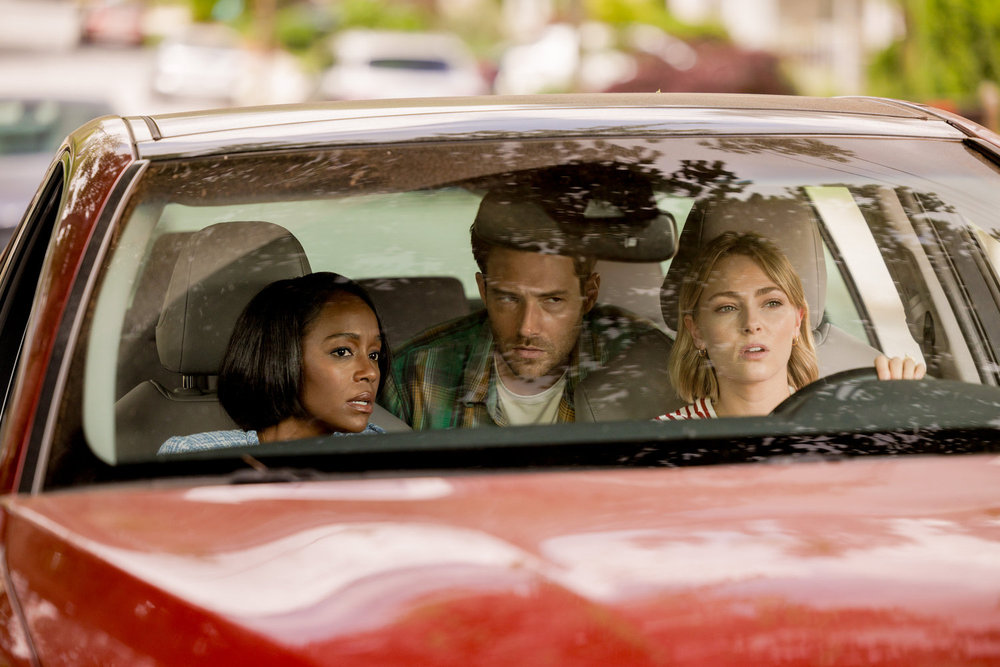
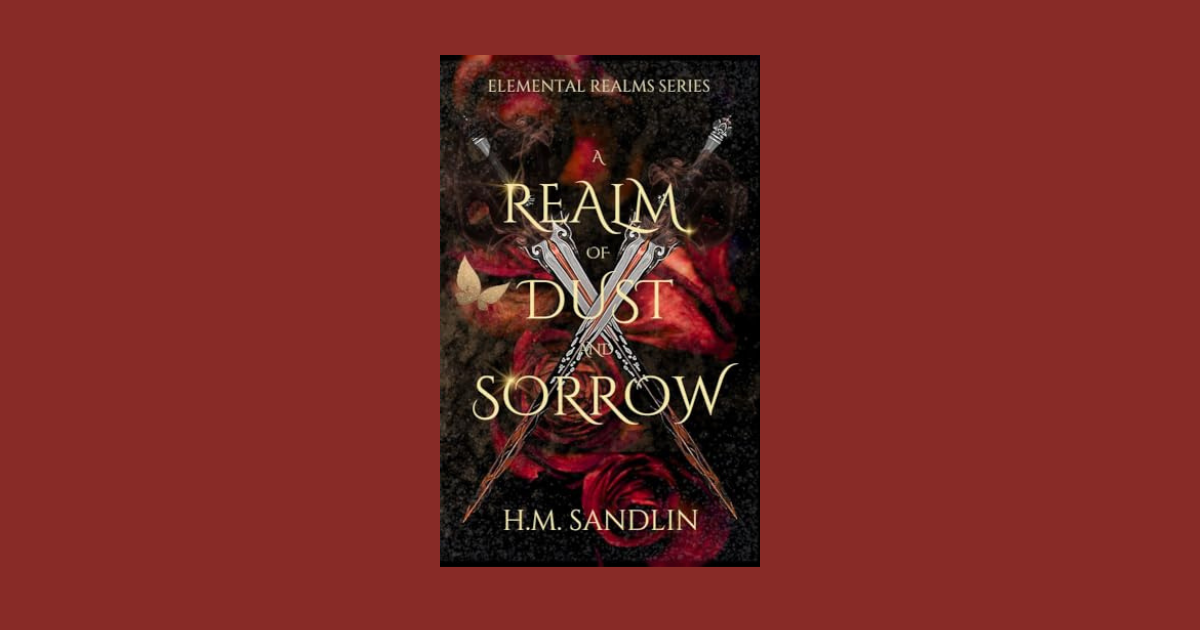




![Online Shopping Reached New Highs in 2024 [Infographic] Online Shopping Reached New Highs in 2024 [Infographic]](https://imgproxy.divecdn.com/kCw9rTPPHoCqXkkL4Bt8p7eohxOuRs6iXsDK03Fxr_8/g:ce/rs:fit:770:435/Z3M6Ly9kaXZlc2l0ZS1zdG9yYWdlL2RpdmVpbWFnZS9vbmxpbmVfc2hvcHBpbmdfc3VyZ2UyLnBuZw==.webp)

![What App Features Are People Willing to Pay For? [Infographic] What App Features Are People Willing to Pay For? [Infographic]](https://imgproxy.divecdn.com/mHJQ6ffz2lGDUuF649StZz5xtI56ORDL5z-Cjs9ZUw8/g:ce/rs:fit:770:435/Z3M6Ly9kaXZlc2l0ZS1zdG9yYWdlL2RpdmVpbWFnZS9hcHBzX3RoYXRfcGVvcGxlX3BheV9mb3JfMi5wbmc=.webp)
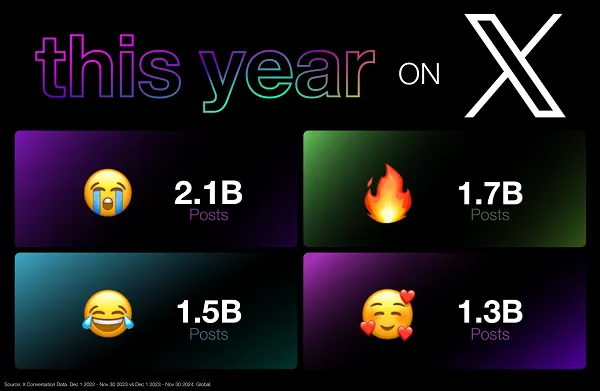


.jpg)
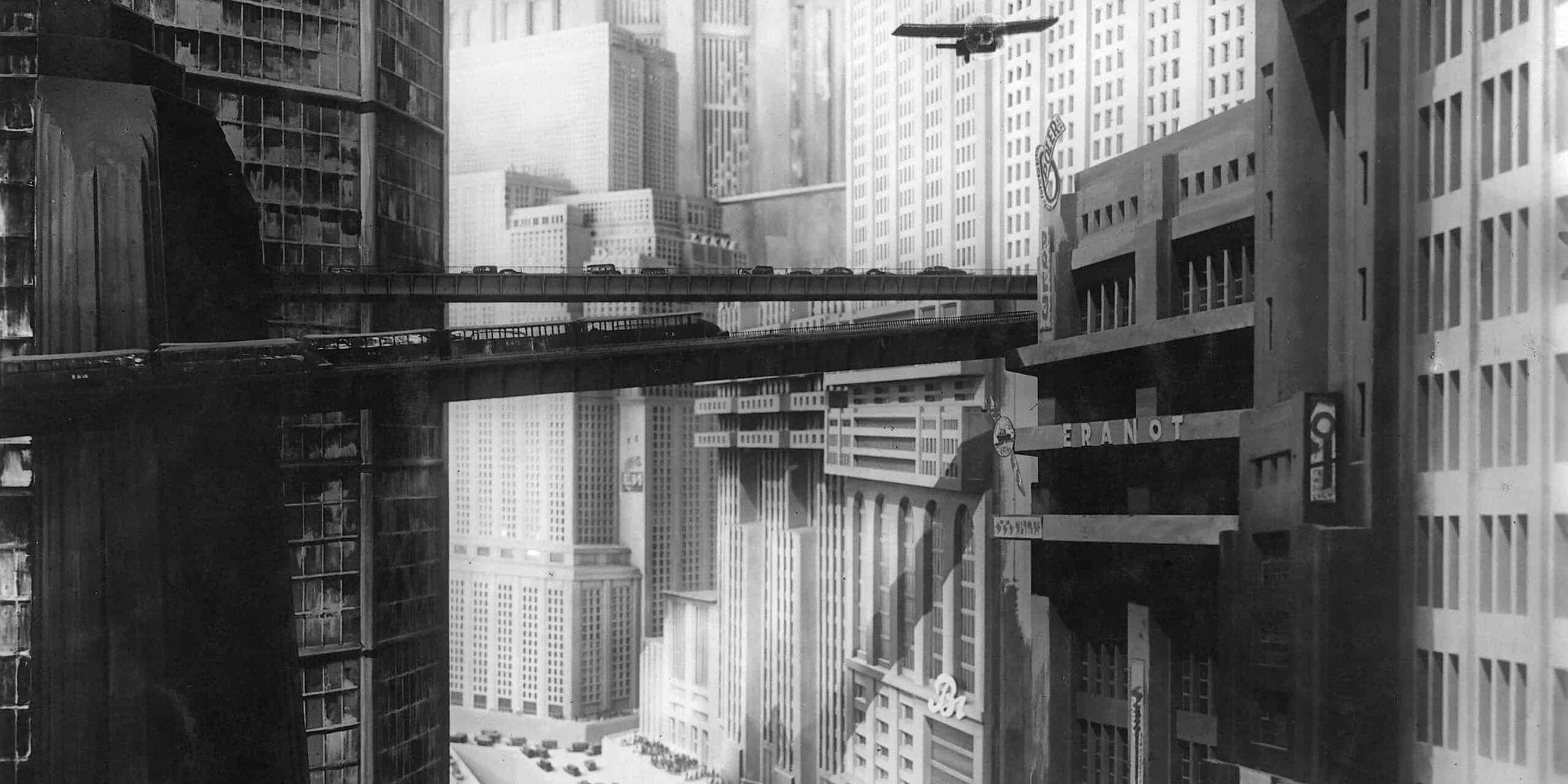
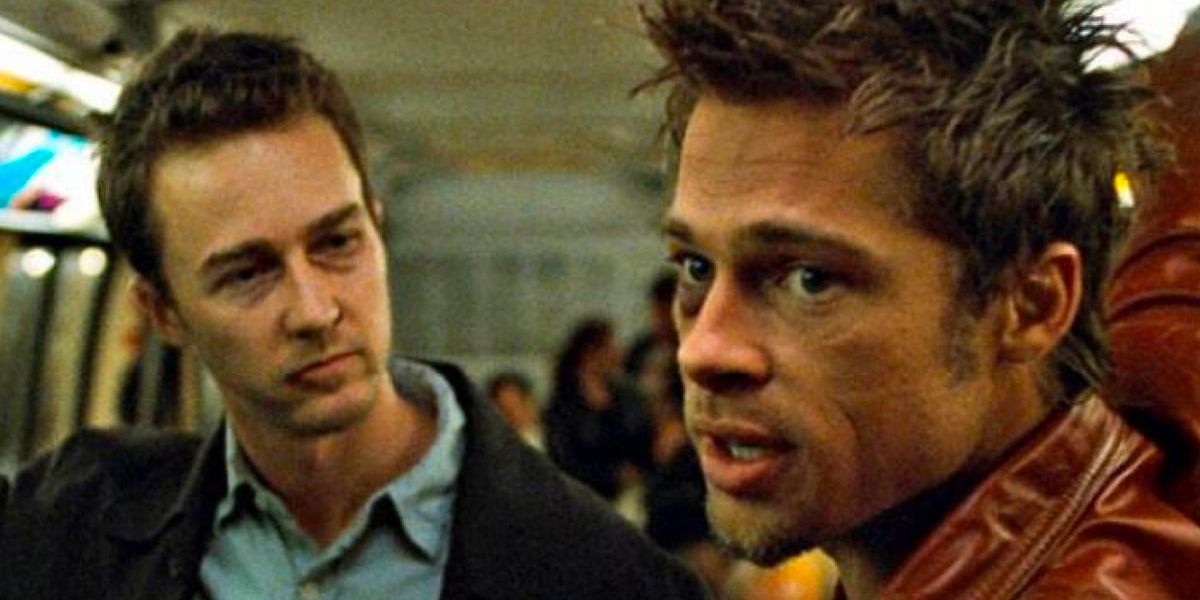
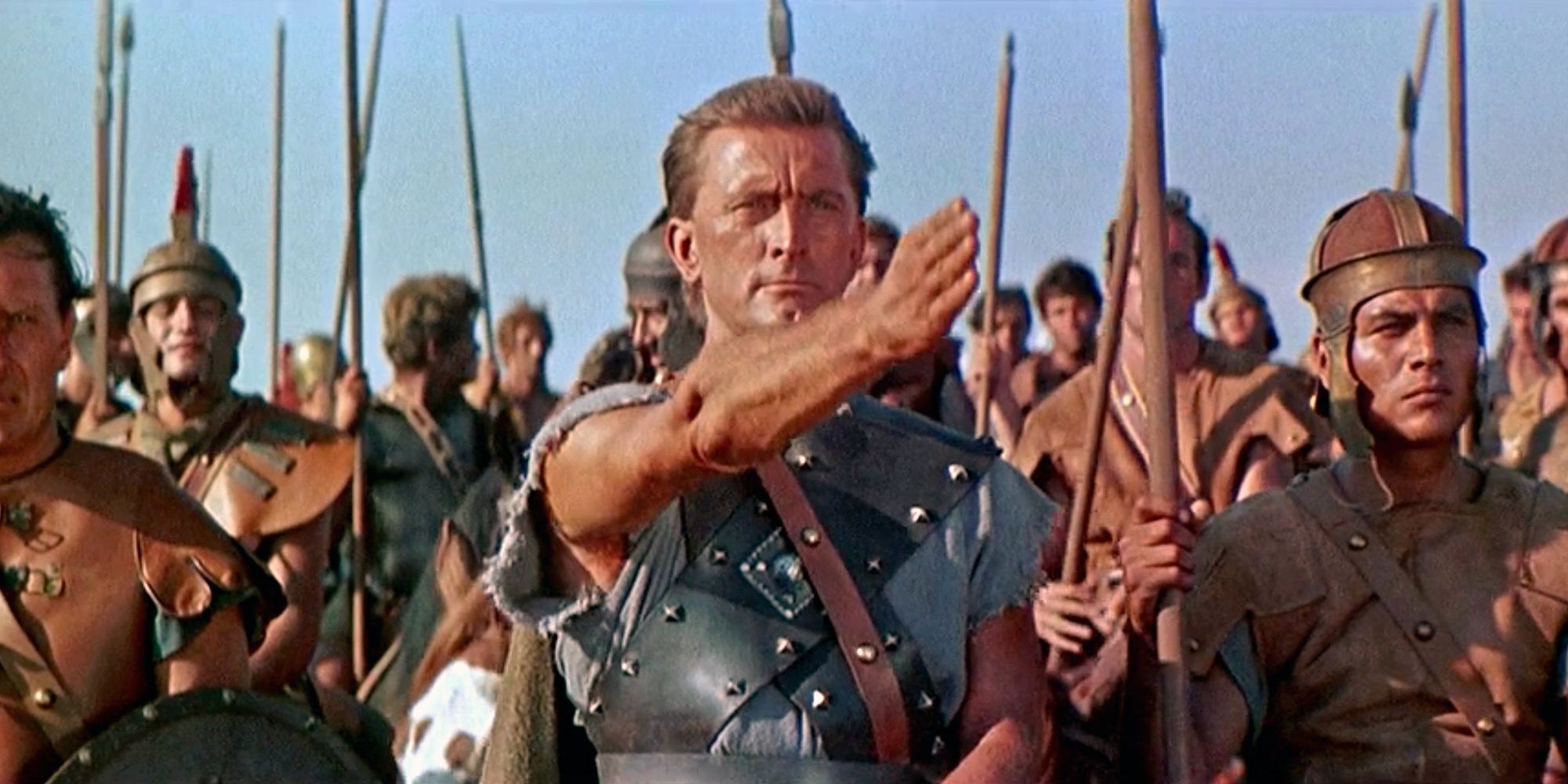
.jpg)
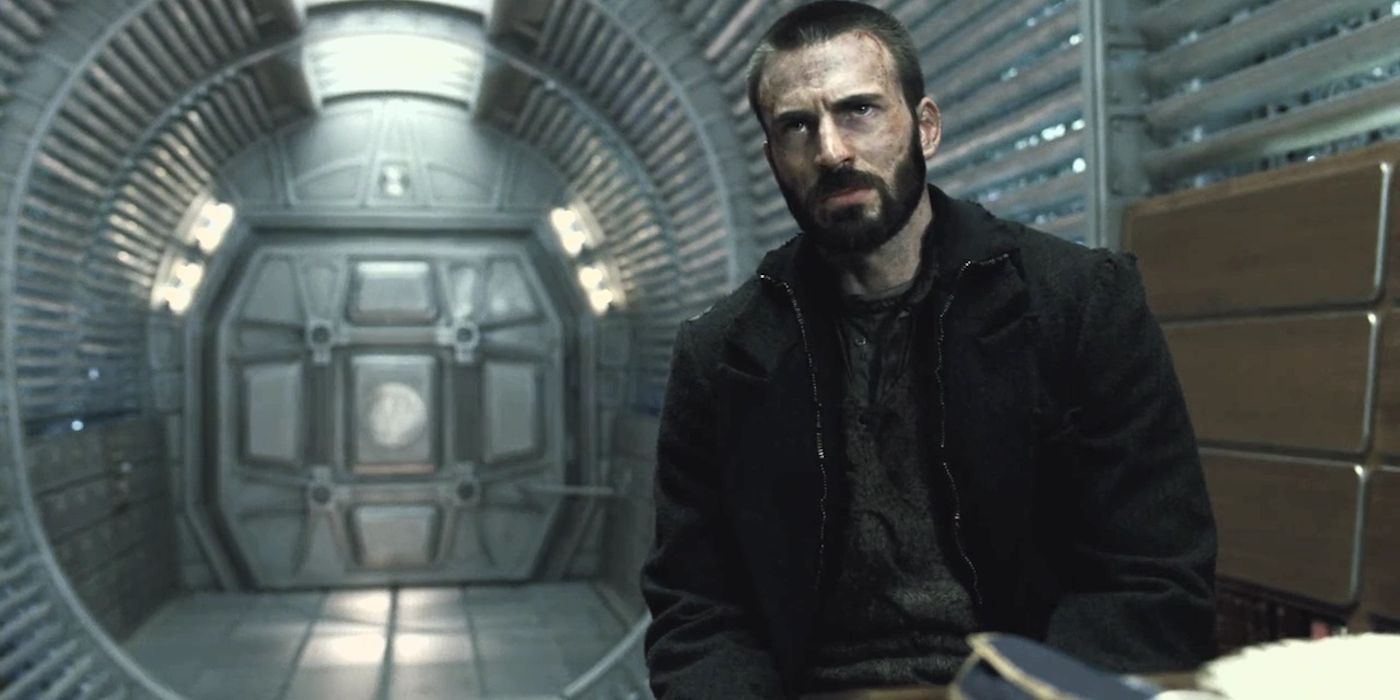
.jpeg)
